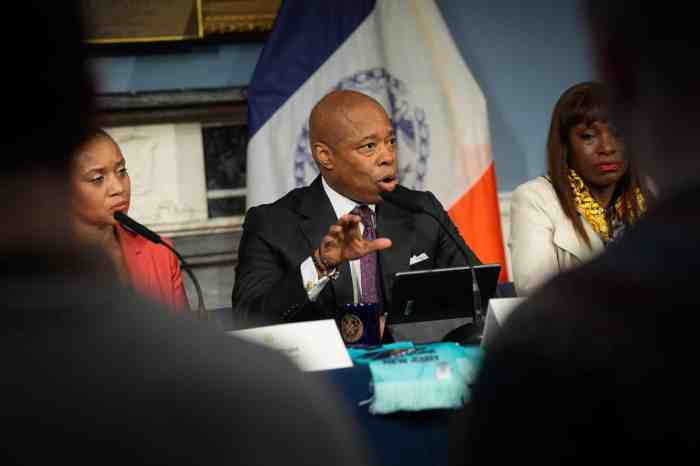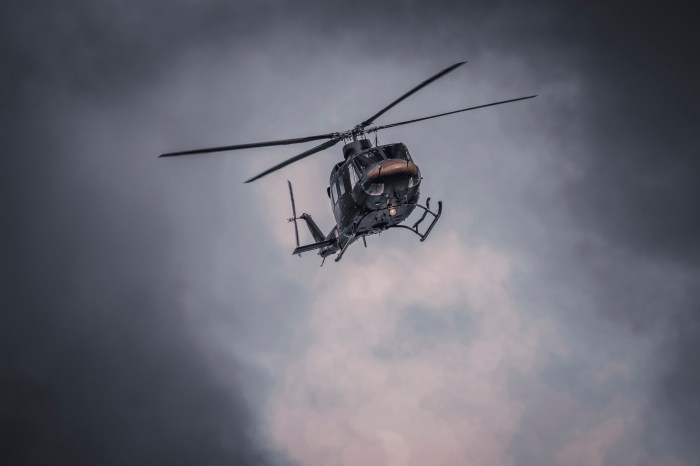
The largest Veterans Day Parade in the nation marches up NYC’s Fifth Avenue today.
Do you care?
Years ago, almost everyone had friends and relatives serving in the military. Those days are long gone.
About 2.7 million Americans from all walks of life served in Vietnam. Right after the war, in 1973, the draft ended and the all-volunteer army began. With no one obligated to join, today less than one-half of 1 percent of the U.S. population serves in the military, according to the Los Angeles Times.
So who is doing the fighting for us? Hint: It’s not the well-to-do, or even the middle class. The economically disadvantaged and those from military families dominate the ranks. They often live in communities separated from the general population. And often, it’s a case of out of sight, out of mind.
When former President George W. Bush steered us into a war with Iraq after 9/11 (even though that nation had nothing to do with the attack), would you have paid closer attention if you were personally at risk of serving and dying? Of course. When the general population isn’t in danger of being drafted, all presidents have less political accountability.
In 1975, 70 percent of members of Congress had some military service, compared to 20 percent today, according to The New York Times. For them, too, the idea of going to war has become an abstraction instead of something they’ve experienced firsthand.
After more than a decade of fighting in Iraq and the price paid in blood and treasure, the situation is worse than when we began, by any objective standard. But how can we prevent such disasters in the future?
The answer is obvious — bring back the draft. People are less likely to catch war fever when it’s them and theirs who will be doing the fighting. What’s also obvious is that this will never happen. At a time when the left and right see eye-to-eye on virtually nothing, this is one issue where they are in hearty agreement. Yes, they believe in defending their country — as long as it’s not them doing the defending.
The U.S. servicemen and women being honored today served our nation proudly, and saying, “Thank you for your service,” is the least we can do.
But are we really saying, “Better you than me?”
Playwright Mike Vogel blogs at newyorkgritty.net.

















